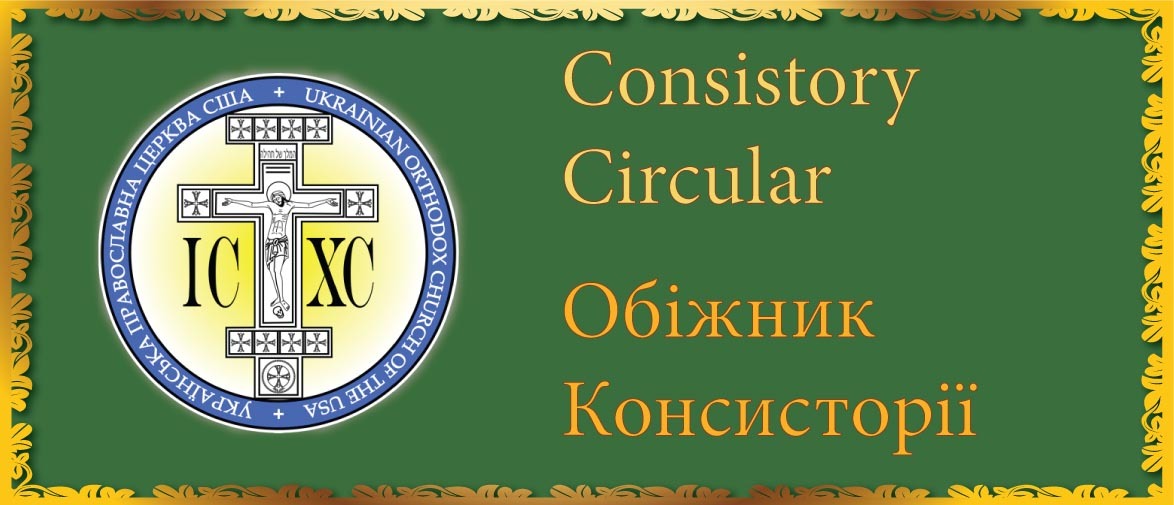Although many of us attend church every Sunday, listen to the Holy Gospel, and pray, not many have time to actually meditate and apply in our daily life the profound lessons each Gospel reading teaches us. In order to better understand this Gospel reading we have to remind ourselves of the context of the previous Sunday’s Gospel reading that of the miraculous feeding of the five thousand men with only five loaves of bread and two fish.
After the multitudes were fed “Immediately Jesus made His disciples get into the boat and go before Him to the other side, while He sent the multitudes away.” (Matt. 14:22) In this verse the Lord is teaching us prudence, for often we humans have the weakness of lingering with the people who praise our so called good works. Thus, we fall into temptation and eagerly embrace men’s praise instead of heavenly rewards. Therefore, Jesus sends His disciples away immediately so that the Apostles not fall into temptation and the multitudes not fall into idolatry for the miracle performed.
“And when he had sent the multitudes away, He went up on a mountain by Himself to pray. Now when evening came, He was alone there.” (Matt. 14:23)
Here the Lord is teaching us how to pray. What we see in these two pericopes of the Gospel is that the Lord prayed before blessing the loaves of bread and the fish, and then, after they all ate, He went up on a mountain by Himself to pray. The Lord teaches us that prayer is indispensable in the performing of good works, and that after each task, we must give thanks to God for helping us to accomplish our work. He went up on a mountain at night thus showing us that the best prayer is at night and in seclusion where one could communicate with his Maker in solitude where there are no “multitudes” to disturb us. He went up on the mountain in order to teach us that when we pray, we must elevate our minds to God, to heaven, where one can be by himself free from the multitudes, that is free from temptation and worldly cares.
“But the boat was now in the middle of the sea, tossed by the waves, for the wind was contrary.” (Matt. 14:24)
The boat symbolizes the Church which is in the middle of the world, tossed by the waves of temptation and persecution, for the wind of worldly teachings and pleasures is contrary to the teaching of the Church.
“Now in the fourth watch of the night Jesus went to them, walking on the sea.” (Matt. 14:25)
The fourth watch represents the final stage of prayer. Hence, if we pray with reverence, love and devotion, then God will walk on the troubles of this world not allowing us to perish. He sees our toil and struggles, He sees that we want to go in the right direction, but because of the temptations of this world’s beauty and because of our weakness we are carried in the opposite direction. This verse reassures us that He shall come to us in the “fourth watch” that is at the conclusion of this world when the multitudes will mingle the teaching of the Church with the teaching of the world (here the reader should keep in mind the movement of ecumenism) thus being carried by the waves of the evil and the contrary wind that is the contrary spirit of anti-Christ which will lead many astray.
Further on we read, “And when the disciples saw Him walking on the sea, they were troubled, saying, “It is a ghost!” and they cried out for fear. But immediately Jesus spoke to them, saying, “Be of good cheer!” It is I, do not be afraid.” (Matt. 14:27)
It is the most wonderful thing to have “I” next to you, to have Him especially in the time of trouble, to feel Him and see Him in the “fourth watch”, to have Him come to your rescue in the time of despair and when the winds of temptation blow you in the opposite direction away from Him.
“And Peter answered Him and said, “Lord if it is You, command me to come to You on water, so He said, “Come”. And when Peter had come down out of the boat, he walked on the water to go to Jesus. But when he saw that the wind was boisterous, he was afraid, and beginning to sink, he cried out, “Lord, save me!” And straightway Jesus stretched forth His hand and laid hold of him, and said to him, “O thou of little faith! Why didst thou doubt? And after they stepped into the boat, the wind abated. And those in the ship came and made obeisance to Him, saying, “Truly, Thou art God’s Son.” (Matt.14:30-33)
Once again the Lord teaches us caution. First, do not ask for things in which you do not believe whole heartedly. Peter was afraid; that is why he began to sink. Fear is the sign of the lack of faith and lack of strengths. Second, the Lord wants to show us that salvation can be found in the Church only. Once you get out of the boat, that is once you get out of the Church, you will definitely face temptation and trouble, and perhaps there will be no one to help. In short, outside Church there is no salvation and the one that gets out of Her puts himself in a grave danger. Nevertheless, when the Lord gets closer to us, the temptation ceases, the world becomes calmer and the boat, that is the Church, is brought to a safe calm harbor.
May God enlighten us to understand and ponder on the message of the Gospel, and may He strengthen us on the way to salvation.
Fr. Myroslav Schirta
|
| |||||||||












